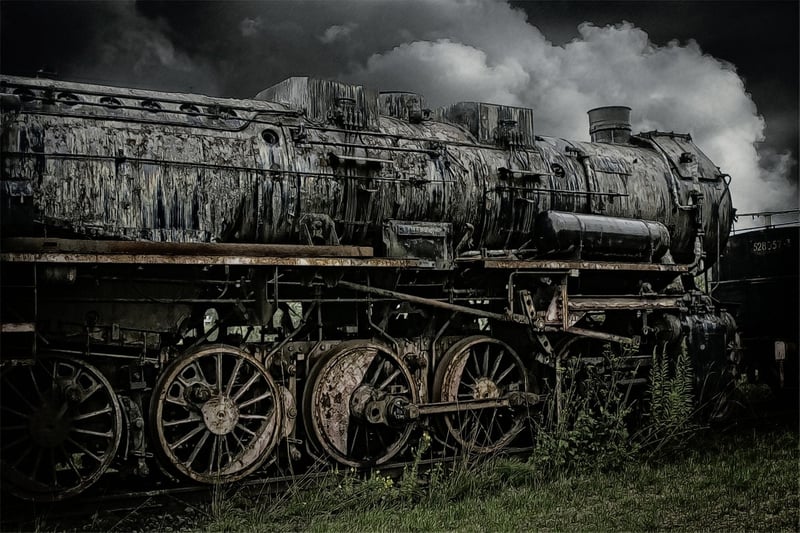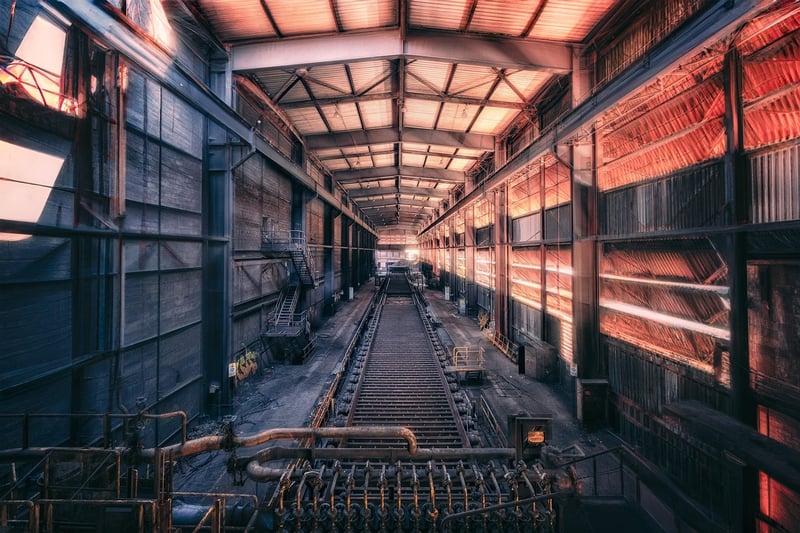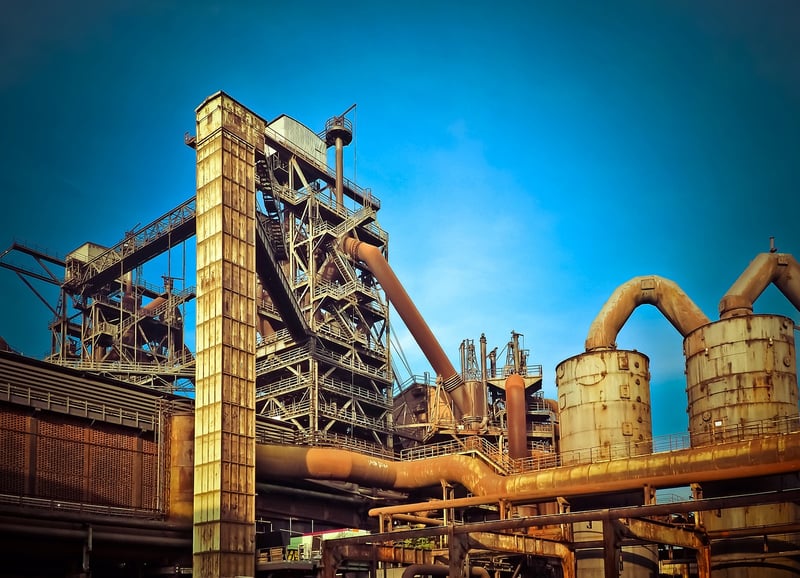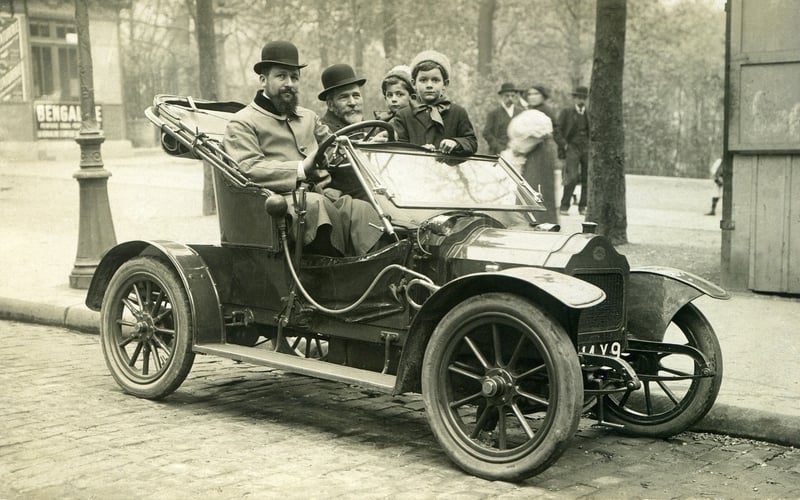Industrial Revolution
The Industrial Revolution: A Turning Point in History
The Industrial Revolution, a period of significant technological, economic, and social change, marked a pivotal moment in human history. This era, which began in the 18th century, transformed the way people lived and worked, laying the foundation for modern society as we know it today.
Key Events During the Industrial Revolution:
-
The First Industrial Revolution (1760-1840):
During this period, mechanization and the use of steam power revolutionized industries such as textile manufacturing, leading to the rise of factories and mass production.

-
The Second Industrial Revolution (1870-1914):
This phase saw further advancements in technology, including the development of steel, electricity, and the expansion of railroads, enabling increased industrial growth and global trade.

-
The Impact of Industrialization:
Industrialization led to urbanization as people moved from rural areas to cities in search of employment. It also brought about social changes, such as the emergence of a new working class and labor movements advocating for better conditions.

Legacy of the Industrial Revolution:
The Industrial Revolution left a lasting legacy, shaping the modern world in various ways. It paved the way for technological innovations, improved living standards for many, but also raised concerns about environmental impact and labor practices.
Exploring the historical events of the Industrial Revolution provides valuable insights into the roots of our current industrial society and serves as a reminder of the importance of balancing progress with sustainability and social responsibility.
For more information on this transformative period in history, you can visit the History.com website.
